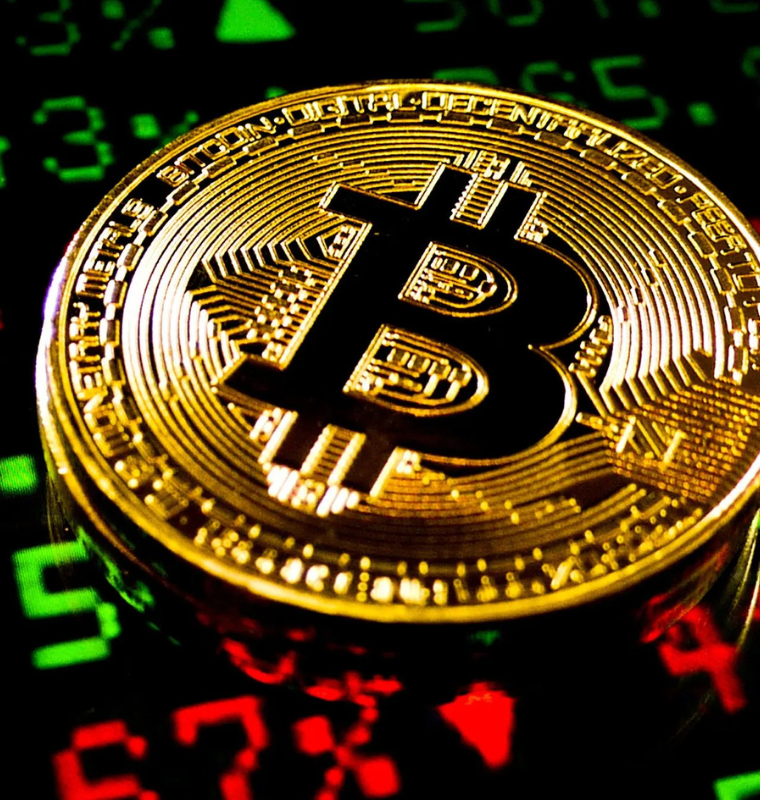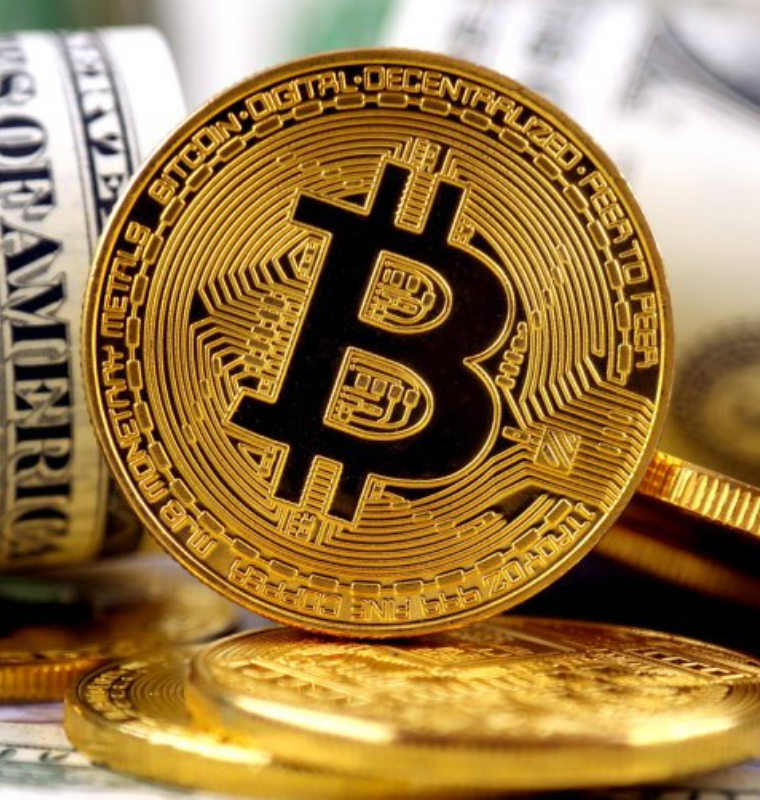U.S. Senate Divided Over Crypto Regulation as Bipartisan Bill Faces Roadblocks
U.S. Senate Divided Over Crypto Regulation as Bipartisan Bill Faces Roadblocks
By
Junia Wells
Last updated:
October 10, 2025
First Published:
October 10, 2025

Photo: NBC News
The long-anticipated cryptocurrency regulation bill has once again hit turbulence in the U.S. Senate as lawmakers clash over how decentralized finance should be governed. What was expected to be a landmark piece of legislation to bring clarity to the digital asset market has now become a battleground between innovation advocates and strict regulators.
The Goal Behind the Bill
At its core, the proposed legislation aims to define how cryptocurrencies, stablecoins, and decentralized finance protocols should operate under federal law. Supporters believe the bill could provide long-awaited regulatory certainty for the industry, helping investors, startups, and exchanges function without fear of sudden crackdowns. However, the differing opinions on how much control government agencies should exert have left the proposal in limbo.
The DeFi Debate at the Center of the Conflict
The heart of the disagreement lies in how to regulate decentralized finance platforms. Some senators argue that DeFi operates too independently, often without clear accountability, making it vulnerable to illicit activities such as money laundering and unregistered trading. Others counter that overregulation would crush innovation and drive U.S. crypto businesses overseas, ceding leadership to countries with more adaptive frameworks.
Industry Leaders Call for Balanced Rules
Major figures in the crypto industry have voiced concerns over the ongoing stalemate. They emphasize the need for a balanced approach that prevents misuse without hindering progress. Several companies have already begun adjusting their strategies, seeking friendlier jurisdictions in Europe and Asia as Washington continues to debate.
A Clash Between Regulatory Agencies
The legislative dispute also reflects a power struggle between key U.S. agencies. The Securities and Exchange Commission wants to classify most digital assets as securities, giving it broader control, while the Commodity Futures Trading Commission favors a more flexible approach focused on market stability. The inability of Congress to define clear boundaries has fueled uncertainty across the entire market.
Impact on the Broader Crypto Economy
The delay in passing the bill has unsettled investors and developers alike. Market analysts say that the absence of clear regulations is contributing to price volatility and discouraging institutional adoption. Several blockchain projects have postponed U.S. launches until the situation stabilizes, highlighting the growing tension between innovation and legal ambiguity.
Public Opinion and the Role of Voters
Public sentiment toward crypto regulation is also shifting. With an increasing number of Americans owning digital assets, voters are beginning to pressure lawmakers to take a clear stance. For younger generations especially, crypto represents both a financial opportunity and a new kind of digital freedom, making it an emerging political topic in upcoming elections.
Economic Stakes for the United States
The stakes go beyond politics. The U.S. risks losing its competitive edge in the global financial innovation race if regulatory uncertainty persists. Other nations such as the United Kingdom, Singapore, and Japan have already established detailed frameworks that attract blockchain companies seeking stable environments. Without decisive action, the United States could fall behind in a sector worth trillions of dollars.
Voices of Moderation Emerge
Amid the heated debate, a growing group of bipartisan senators is advocating for moderation. They propose introducing clearer definitions for DeFi operations, distinguishing between centralized intermediaries and purely decentralized protocols. This pragmatic approach could lay the groundwork for a compromise that protects consumers without suffocating innovation.
A Moment That Could Define the Industry’s Future
As the bill hangs in the balance, the outcome of this debate may determine how the United States participates in the next phase of digital finance. A thoughtful resolution could transform the nation into a hub of innovation and trust. On the other hand, continued gridlock could push talent and capital beyond its borders. The world is watching closely as Washington decides whether to lead or lag in shaping the future of crypto.
Popular articles
Subscribe to unlock premium content
Disney’s Timeless Magic and How the Entertainment Giant Continues to Shape Culture and Innovation

Imran Khan’s Economic Missteps Amid Political Chaos in Pakistan

The Philippines’ Digital Shift How Remittances and BPO Are Fueling Growth

Disney’s Timeless Magic and How the Entertainment Giant Continues to Shape Culture and Innovation

Imran Khan’s Economic Missteps Amid Political Chaos in Pakistan

Disney’s Timeless Magic and How the Entertainment Giant Continues to Shape Culture and Innovation









